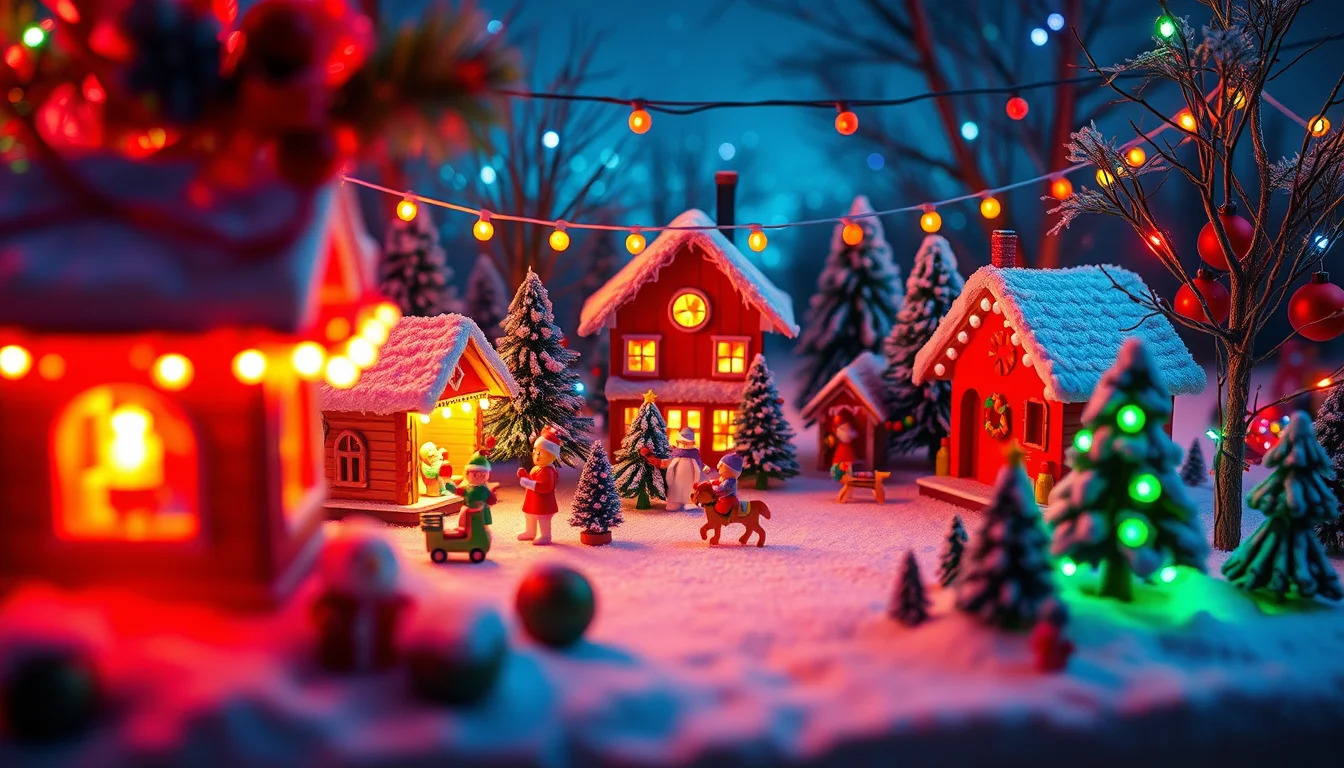
Artistic rendering – Event may differ
History of New Year's Celebrations
Explore the fascinating evolution of New Year's celebrations, from ancient Mesopotamian rituals to modern global traditions. Discover how the date of the new year has shifted and how diverse cultures mark this significant transition with unique customs, gift-giving, and festive gatherings.
What to Expect
Historical evolution of New Year's celebrations
Know Before You Go
- Tickets: FREE
- Pets: No pets allowed
Local Insight & Ratings
Family Friendly
Best For
History enthusiasts, cultural explorers
Vibe
Informative, historical, cultural
Energy Level
Low
Budget
FREE
Photo Friendly
Weather Sensitivity
Not applicable
Tags
Featured Video
Website & Socials
Location
Event Details
Ages
All ages
Timed Entry
No
Organizer
Nukta Habari
Tips & Advice
- When exploring New Year's traditions, consider how different cultures mark the transition, such as Spain's 12 grapes or Brazil's white attire.
- Research the origins of specific New Year's customs, like the Roman reverence for Janus, to understand their symbolic meaning.
- Compare the historical dates of New Year celebrations, noting shifts from spring equinox to January 1st, to appreciate calendar evolution.
- Reflect on how religious influences, like the shift towards celebrating Christmas, impacted the observance of New Year's Day in Europe.
- Consider how modern New Year's Eve events, like the Times Square Ball Drop, emerged as cultural responses to historical traditions.
Frequently Asked Questions
When did New Year's celebrations begin?
New Year's celebrations originated in ancient Mesopotamia around 2000 BC, initially observed in March.
Why is January 1st celebrated as New Year's Day?
January 1st became the official start of the year following calendar reforms by Julius Caesar in 46 BC, honoring the Roman god Janus.
Did Christian influence change New Year's celebrations?
During the Middle Ages, Christian leaders attempted to shift focus to Christmas and Easter, but the Gregorian calendar later reaffirmed January 1st.
Are there different New Year's celebrations around the world?
Yes, cultures like China celebrate Lunar New Year between January 21 and February 20, and India observes 'Vishu' in April.
What are some modern New Year's traditions?
Modern traditions include events like the Times Square Ball Drop, fireworks, and specific customs like eating 12 grapes in Spain.
Always check the official website for the most current information.
We've done our best to keep details up-to-date, but event schedules, prices, and policies can change. For the latest updates, please visit the official website or contact the organizers directly.
Contributors & Updates
Follow us for updates and more events!